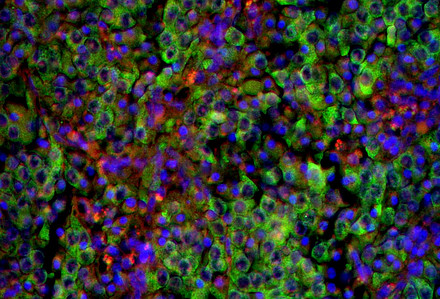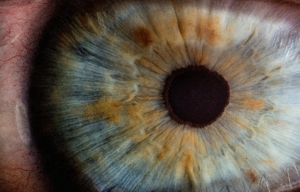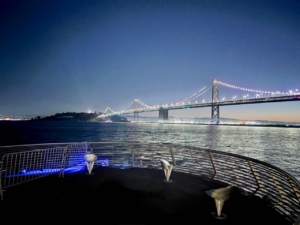
Essential Pharma acquires Renaissance Pharma Ltd
Essential Pharma has acquired Renaissance Pharma Ltd to commercialise the company’s Phase II program Hu14.18K322A in pedriatric high-risk neuroblastoma.
Renaissance Pharma Ltd, which was only founded in September 2023 with the licensing of the anti-GD2 antibody from St Jude Children’s Research Hospital, has made a truly rapid exit. Today, the British company announced its acquisition by the Gyrus Capital-backed Essential Pharma Group, which specialises in the commercialisation of drugs for rare diseases. An acquisition price was not disclosed. However, the acquisition mainly concerns the advancement and EU/US market approval of the licensed Phase II candidate Hu14.18K322A (Hu14.18) in children with the rare cancer high-risk neuroblastoma, which affects 800 babies and young children up to the age of six in Europe and the USA every year. The five-year survival rate is about 50 %.
In the Phase II study, the Hu14.18 antibody, which was given in addition to standard induction chemotherapy, achieved an event-free 3-year survival rate (EFS) of 73.7% and an overall survival rate (OS) of 86% in previously untreated children with high-risk neuroblastoma.
The acquisition adds a second product candidate to Essential Pharma’s rare disease portfolio and underlines the group’s strategy of seeking out clinically differentiated medicines in small patient populations. Hu14.18 will be Essential’s first clinical development-stage asset. Simon Ball, CEO and co-founder of Renaissance Pharma, who has significant scientific and commercial expertise within the space, will continue to work with Essential Pharma on Hu14.18’s development, as will many of the Renaissance Pharma team.
Neuroblastoma represents 7-10% of all childhood cancers and is the third most cancer in children. The current standard of care includes multiple cycles of chemotherapy, surgery, radiotherapy, stem cell transplantation and anti-GD2 monoclonal antibody (mAb) treatment. In Europe, the chimeric GD2 antibody dinutuximab was being marketed by Austrian Apeiron Biologics AG (all R&D was transfered in 2022 to invIOs GmbH) since 2017 and thereafter under the trade name Qarziba by EUSA Pharma, after United Therapeutics withdrew its EMA approval under exceptional circumstances. Treatment with GD2 antibodies cause severe side effects, including severe pain that must be controlled with morphine and a high risk of infusion reaction that must be controlled with antihistamines and anti-inflammatory drugs. The antibodies work by binding to neurons and causing the body’s immune system to destroy them.
However, the development of drug resistance, which leads to high mortality rates, is a major problem in this early degenerating and metastasising cancer. Recent molecular findings suggest that sequential genetic evolution is not the main cause of relapse, but that a number of other non-genetic mechanisms and adaptive phenotypes underlie treatment resistance. German researchers at Charité Berlin are therefore trying to identify further molecular drivers of neuroblastoma evolution using AI and the latest spatial RNAseq technologies in the SFB1588 and address them therapeutically.



 Unsplash+
Unsplash+